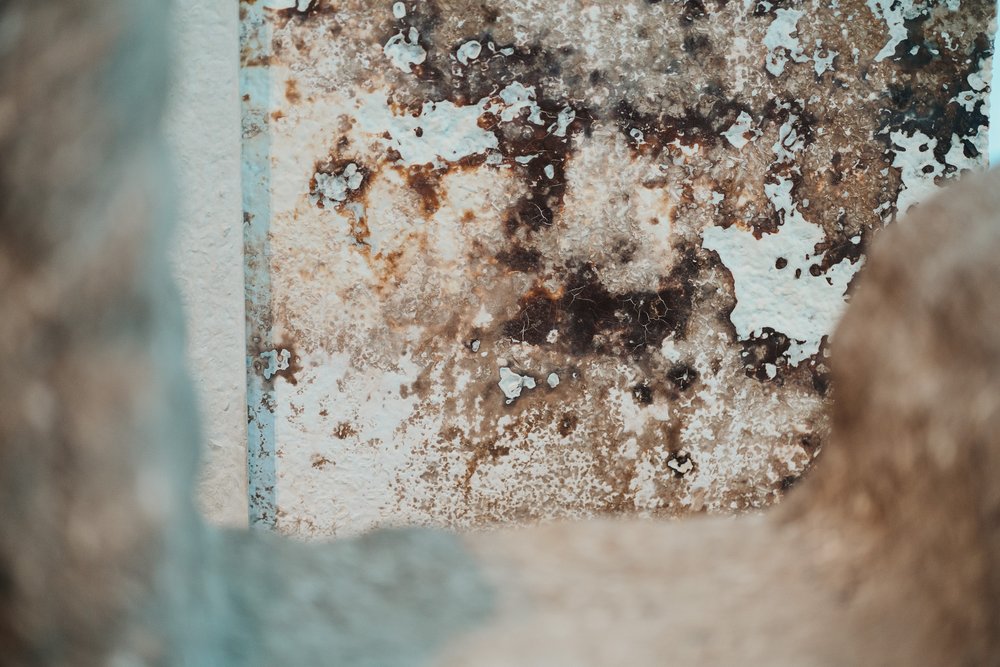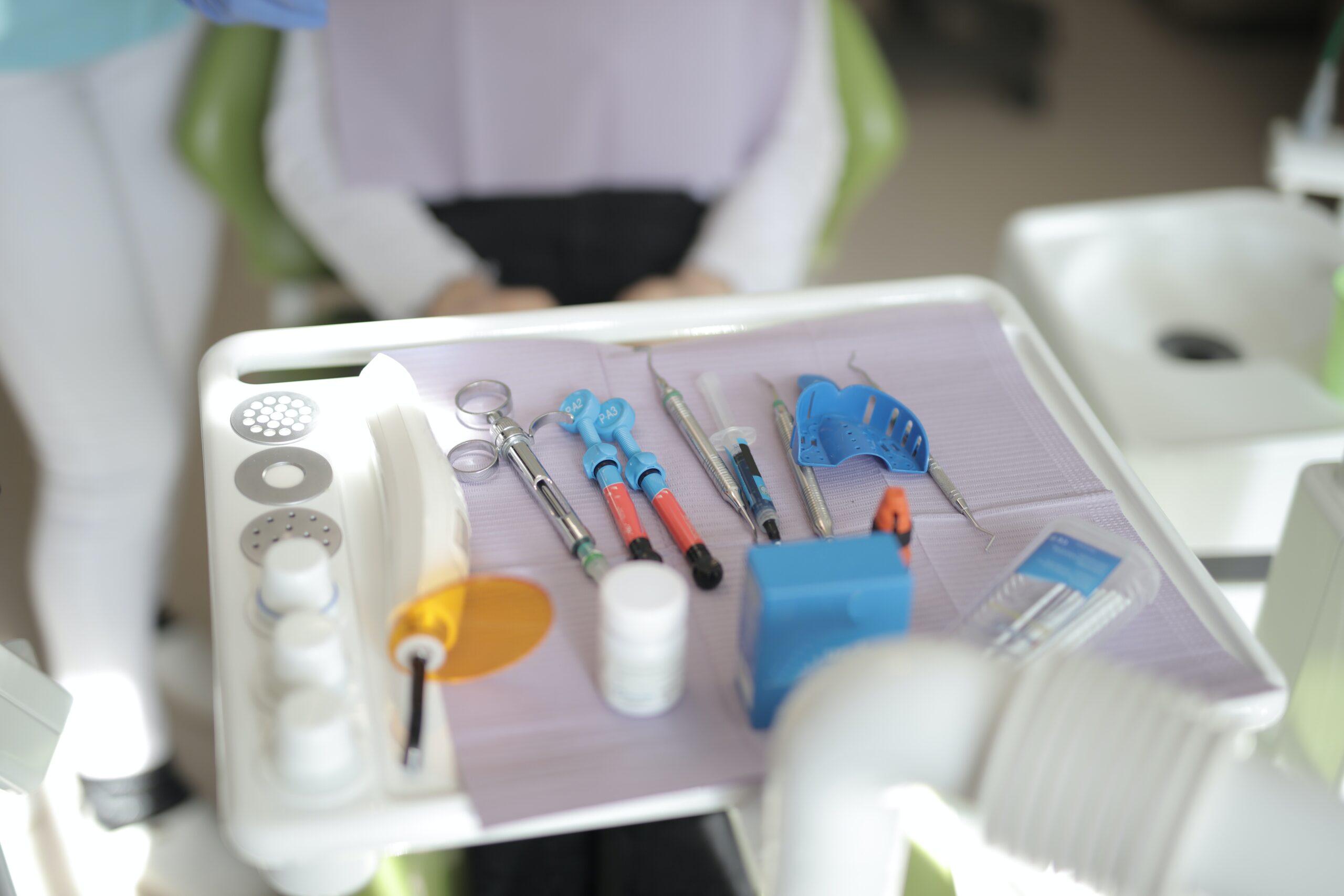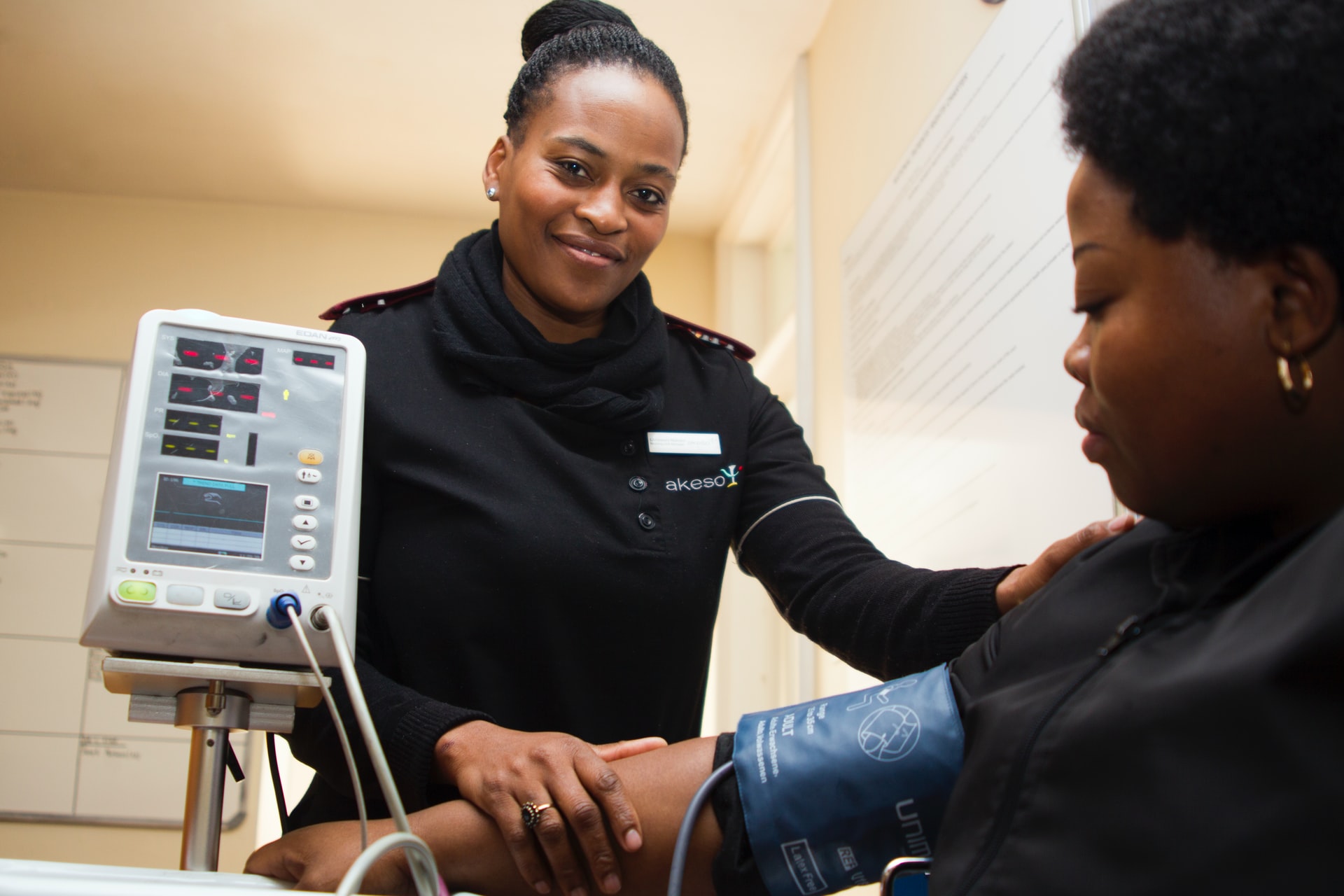Under eye filler treatments have become increasingly popular in Dallas as more people seek non-surgical solutions to address dark circles, hollowness, and signs of fatigue around the eyes. While the skill of the injector is crucial, the role of advanced medical equipment in enhancing safety, precision, and outcomes is often underestimated.
Modern aesthetic clinics in Dallas are now leveraging cutting-edge tools to deliver more consistent, natural-looking, and safer under eye filler results. This article explores how medical equipment plays a vital role in improving outcomes for under eye filler process in Dallas and elevating the standard of care in the under eye treatment space.

Why the Under Eye Area Requires Special Attention
The under eye area is one of the most delicate regions on the face. The skin is thin, vascular, and prone to bruising and swelling. It’s also close to critical anatomical structures such as the orbital bone and blood vessels, including the infraorbital artery and vein.
Because of this complexity, achieving safe and aesthetically pleasing results requires a combination of anatomical knowledge, precise technique, and the right tools. Advanced equipment helps practitioners reduce risk while improving accuracy and comfort for the patient.
Imaging Technology for Assessment and Planning
Before filler is even injected, Dallas clinics often use digital imaging systems to assess the treatment area. These tools allow practitioners to:
Analyze skin thickness and volume loss
Identify vascular structures
Simulate expected results
Track treatment progress over time
High-resolution facial scanners and 3D imaging systems help in documenting the baseline appearance and planning the most appropriate injection depth and volume. This is particularly important in under eye treatments, where even minor miscalculations can lead to visible lumps or puffiness.
Some clinics also use ultrasound imaging, which provides real-time visualization of anatomical structures beneath the skin. Ultrasound-guided injections are becoming more common in high-end Dallas aesthetic practices as a way to reduce complications like vascular occlusion.
Cannulas vs. Needles: Equipment Choice Matters
When it comes to delivering filler beneath the eye, the choice of injection instrument is critical. Two common tools are:
Sharp needles
Blunt-tip microcannulas
While traditional needles can be effective, many Dallas providers now prefer cannulas for under eye treatments due to their safety and comfort benefits. Cannulas are longer, flexible, and have a rounded tip, which allows them to glide through tissue without cutting blood vessels. This reduces the risk of bruising, swelling, and intravascular injection.
Some clinics even use ultrasound guidance in combination with cannulas for enhanced precision, especially in patients with complex anatomy or previous filler treatments.
Vibration Devices and Numbing Tools for Patient Comfort
One of the challenges of under eye filler procedures is patient discomfort, especially for those new to injectable treatments. Dallas clinics that invest in advanced equipment often use:
Vibration anesthesia devices: These are small handheld tools that vibrate the skin near the injection site. The vibration interferes with pain signals, reducing the sensation of the needle.
Cooling devices: Applied to the skin before treatment, these devices numb the surface and reduce swelling.
Topical anesthetic applicators: Advanced applicators help evenly distribute numbing agents, ensuring consistent comfort.
These tools not only make the procedure more tolerable but also help reduce patient anxiety—leading to smoother, quicker sessions.
Digital Syringe Systems for Accurate Dosage
Another innovation making its way into Dallas aesthetic clinics is the digital syringe system. Unlike manual injections, these systems provide:
Real-time feedback on injection speed and pressure
Precise micro-dosing control
Reduced risk of overcorrection
Digital delivery systems are particularly useful in under eye filler treatments where small variations in volume can make a noticeable difference in the final result. These systems also help ensure symmetry and reduce the chances of needing correction or reversal.
Better Results, Fewer Complications
The use of advanced medical equipment directly contributes to better aesthetic outcomes. Patients benefit from:
More natural and balanced results
Reduced post-procedure downtime
Lower risk of bruising, swelling, or vascular complications
Improved overall experience and satisfaction
Additionally, when complications such as vascular occlusion or filler migration do occur, Dallas clinics equipped with hyaluronidase injection systems and vascular rescue protocols—often supported by ultrasound or Doppler imaging—can act quickly and effectively to resolve the issue.
How Dallas Clinics Are Leading in Technology-Driven Aesthetics
Dallas is home to some of the most advanced medical spas and cosmetic dermatology practices in the country. Many of these clinics have embraced technology as a cornerstone of safe and effective treatment. Some offer full diagnostic imaging before injectables, while others combine AI-driven skin analysis with patient history to develop customized plans.
Patients in Dallas seeking under eye filler treatments are advised to choose providers who are transparent about the equipment and techniques they use. Asking about cannulas, ultrasound guidance, and other technologies is a good way to gauge a clinic’s commitment to safety and innovation.
Conclusion
Under eye filler treatments require more than just a skilled hand—they demand precision, safety, and a deep understanding of facial anatomy. Advanced medical equipment plays a vital role in elevating these treatments, from diagnosis and planning to injection and recovery.
For patients in Dallas, selecting a clinic that uses state-of-the-art tools can mean the difference between an average result and an exceptional one. As technology continues to evolve, so does the quality of care, making non-surgical facial rejuvenation safer and more effective than ever before.










